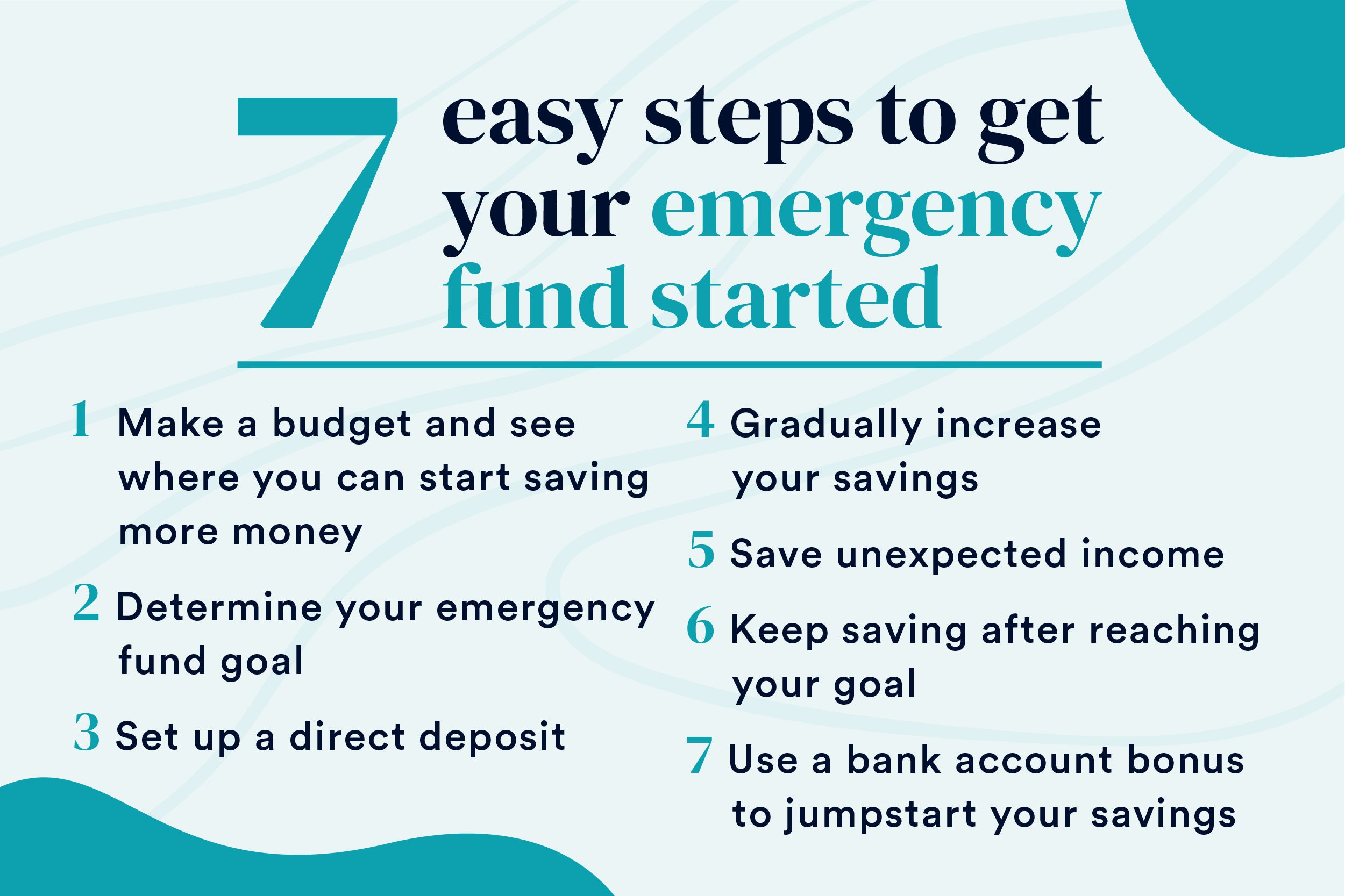Having an emergency fund is something that I never really thought about until I found myself in a tough financial situation. Like many people, I always assumed that I would never need one. But life has a way of throwing curveballs when you least expect it, and it was during one of these moments that I realized the importance of having an emergency fund.
My wake-up call came when my car suddenly broke down, leaving me stranded and unable to get to work. As a result, I had to dip into my savings just to cover the costly repairs. I was lucky to have some money set aside, but it was a stressful and eye-opening experience. It made me realize that without that emergency fund, I would have been in a much worse financial situation.
So, what exactly is an emergency fund? Simply put, it is a safety net that provides you with a financial cushion in case of unexpected expenses or emergencies. Whether it’s a medical bill, loss of income, car repairs, or home repairs, having an emergency fund can give you peace of mind knowing that you can handle unforeseen circumstances without putting yourself in debt or compromising your financial stability.
Now that I understand the importance of having an emergency fund, I want to share some tips on how to start one. It may seem daunting at first, but with the right mindset and a bit of discipline, anyone can build an emergency fund.
1. Set Clear Goals: Start by determining how much money you want to save for your emergency fund. The general rule of thumb is to aim for 3-6 months’ worth of living expenses. This may seem like a lot, but having this much saved up will provide you with a solid financial safety net.
2. Track Your Expenses: To save money, you need to know where your money is going. Keep track of all your expenses for a month and categorize them. This will help you identify areas where you can cut back and save more.
3. Create a Budget: Once you have a clear understanding of your expenses, create a budget that reflects your financial goals. Allocate a portion of your income specifically for your emergency fund. Treat it like any other bill or payment that you cannot miss.
4. Automate Your Savings: Make it easier on yourself by setting up automatic transfers from your checking account to your emergency fund. Treat it as a regular monthly expense and prioritize it.
5. Reduce Unnecessary Spending: Look for ways to cut back on non-essential expenses. This could mean cooking at home instead of eating out, cancelling unused subscriptions, or finding affordable alternatives for certain services or products. Every little bit adds up in the long run.
6. Increase Your Income: Explore ways to increase your income, such as taking on a side gig or freelancing. Use the extra money to boost your emergency fund contributions. Remember, every additional dollar counts towards your financial security.
7. Start with Small Goals: If saving 3-6 months’ worth of expenses seems overwhelming, start small. Set achievable goals, such as saving $500 or $1,000 initially. Once you reach those milestones, it will motivate you to keep going and increase your savings.
8. Keep Your Emergency Fund Separate: Open a separate savings account specifically for your emergency fund. This will help you resist the temptation to dip into it for non-emergency purposes. Keep it out of sight and out of mind, but accessible when you really need it.
9. Make Adjustments if Needed: Life is unpredictable, and your financial situation may change. Revisit your emergency fund goals periodically and make adjustments as necessary. It’s important to regularly review and update your plan so that it aligns with your current circumstances and needs.
10. Celebrate Milestones: Saving money can sometimes feel like a long and challenging journey. Celebrate your milestones along the way to stay motivated. Treat yourself to a small reward or acknowledge your progress by updating your friends and family.
Building an emergency fund is not easy, but it is an essential step towards financial stability. It provides peace of mind and the confidence to face unexpected expenses without falling into debt. Remember that everyone’s journey is different, and what may work for others may not work for you. Find a strategy that suits your lifestyle and habits, and start building your emergency fund today. Trust me, you’ll thank yourself when the unexpected comes knocking at your door.
